“Please sir, I want some more,” is perhaps the most famous line from Charles Dickens’ story of Oliver Twist. This August, at the European region’s Formación conference for student leaders –titled ‘Upside Down’— 40 participants from across the region also made this serious request.
In this case, they were not asking for more meagre food, lacking in nutrition, like Oliver. Rather, they enjoyed how much of the program was dedicated to Scripture Engagement and came away thankful for nourishment from the Scriptures and asking for “more please!”
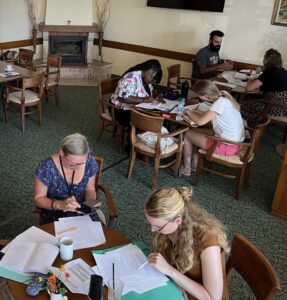 Eva Petržilková, Scripture Engagement Coordinator for Europe and Formación director, shared about this year’s event:
Eva Petržilková, Scripture Engagement Coordinator for Europe and Formación director, shared about this year’s event:
Formación has always been both a great conference for student leaders and a deeply valuable resource for us in Europe. This year, after talking with the different national movements, we realised that many students know some particular books of the Bible well, but often struggle with the whole story and purpose of Scripture.
Obviously, this can impact their faith in God and understanding of His Word, as well as how they share the good news and answer their friends’ questions. So, this time we took the theme of the Kingdom of God as a way to consider the big story of the Bible. This enabled us to think about who we are as Christians and how we live for Him in His kingdom.
We wanted to do fewer things, but better. We wanted to make sure that direct engagement with Scripture was the focus of what we were doing and not just one squeezed in, expected element.
We adapted this model to recognise that true Formación is a longer process than a summer conference alone. So, we’ve made it into a journey through the year, with online group sessions and 1:1 mentoring relationships. We’ll be learning from Jesus’ parables about His kingdom, who we are in Him, and how we are to live for Him.
It was wonderful to see how the students’ relationship with Scripture and each other grew during the time together in this international community. We saw this particularly in the daily teaching, as well as in the special times of solitude with God and communal lament, when students opened their hearts and minds to learn more from God in the Scriptures:
“For me, the biggest impact was “that eye opening feeling (when you understand the depth of Genesis) and being motivated to take everything that was going on at Formación to our home countries…”
Student, Greece
 “What sticks with me about this conference is the depth of the conversations and contacts …we had vulnerable conversations, we prayed …, we laughed and cried out [over] each other’s suffering… including injustice and war in several countries…
“What sticks with me about this conference is the depth of the conversations and contacts …we had vulnerable conversations, we prayed …, we laughed and cried out [over] each other’s suffering… including injustice and war in several countries…
…Intentional seeking for Solitude and spending time with God, talking with Him, listening to Him is something I want to do more… As a (student) leader it’s important to seek God first. … I hope I can help people around me and be a witness so others can see the love of God.”
Student, Netherlands


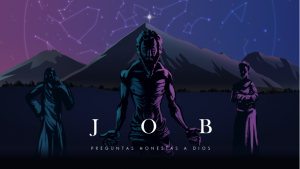

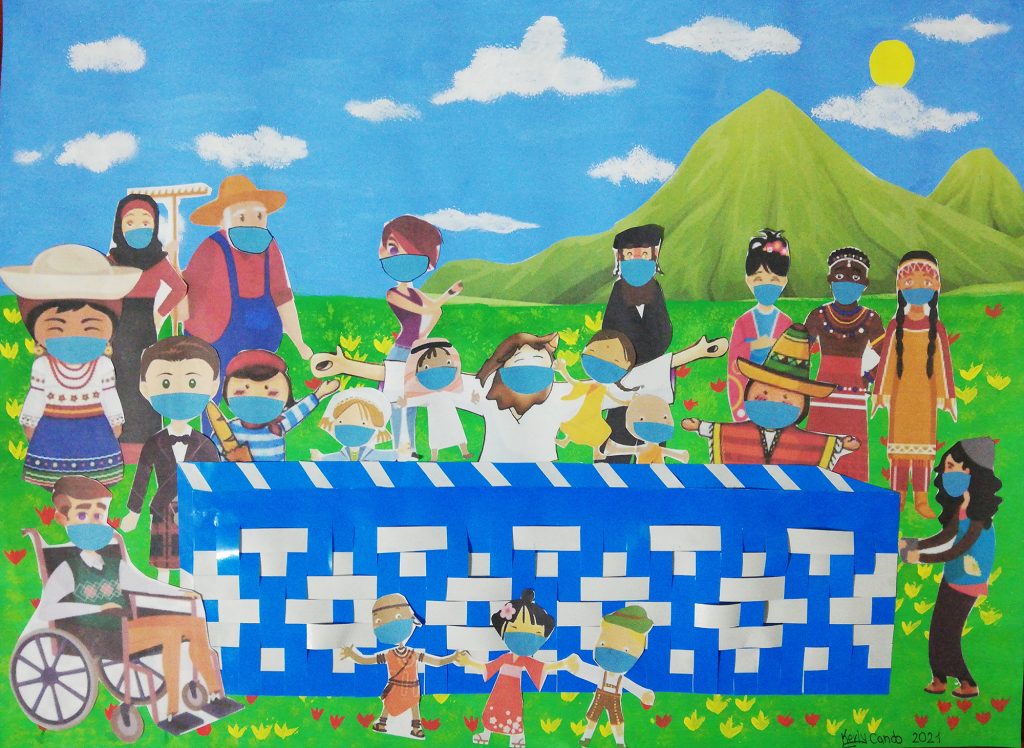


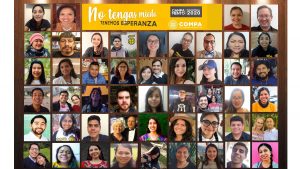
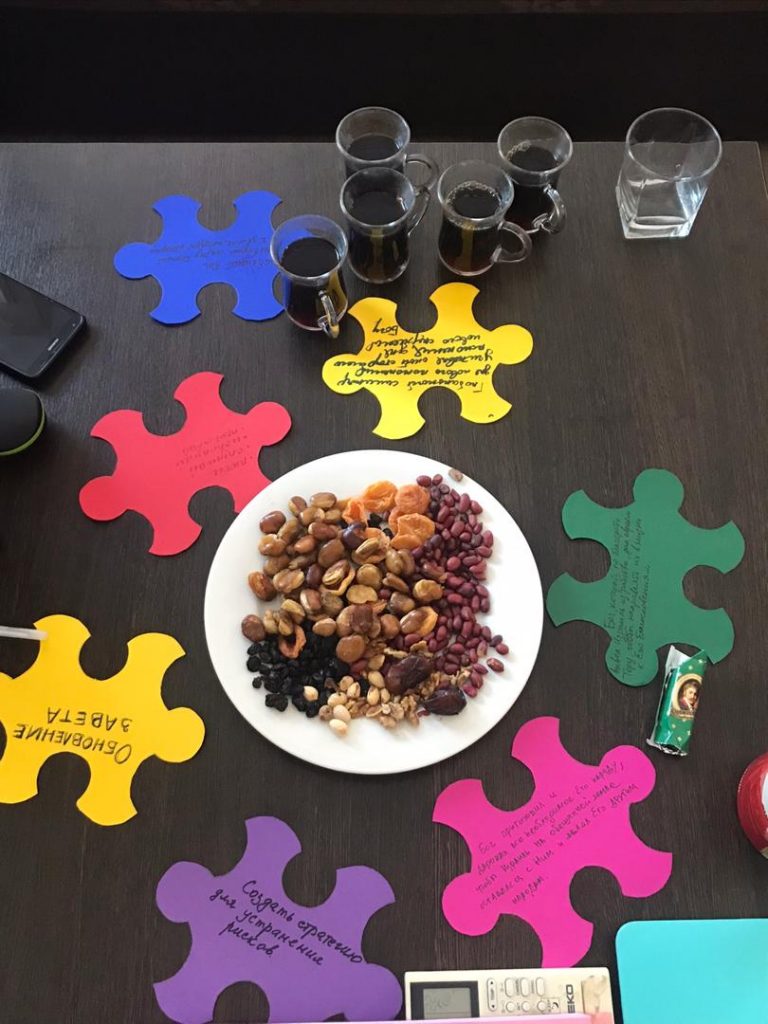
 “The Word Among Us” is a very valuable resource that we have used as part of our training for new student leaders in Jalisco. This booklet has helped students to have stronger convictions regarding Scripture and to love the Bible more. It has also encouraged and challenged them to live out their faith according to Scripture, and it has encouraged them to trust in the power and impact of God’s Word.
“The Word Among Us” is a very valuable resource that we have used as part of our training for new student leaders in Jalisco. This booklet has helped students to have stronger convictions regarding Scripture and to love the Bible more. It has also encouraged and challenged them to live out their faith according to Scripture, and it has encouraged them to trust in the power and impact of God’s Word.

 Our vision for the Mark Manuscript Bible Study Conference started in 2014; we wanted to see students who are both passionate about the Word and who know how to study and engage the Scriptures. We wanted students to meet Jesus through his Word and be transformed from within. Yet, the reality showed that our students were lacking the tools to study the Bible as individuals and with one another. So our desire was to offer them a study method which can help them feel comfortable studying the Bible with their friends and within their student groups. We believed that through this our students would also have the courage to start inviting their non-Christian friends to study the bible with them, offering them the chance to meet Jesus in his Word.
Our vision for the Mark Manuscript Bible Study Conference started in 2014; we wanted to see students who are both passionate about the Word and who know how to study and engage the Scriptures. We wanted students to meet Jesus through his Word and be transformed from within. Yet, the reality showed that our students were lacking the tools to study the Bible as individuals and with one another. So our desire was to offer them a study method which can help them feel comfortable studying the Bible with their friends and within their student groups. We believed that through this our students would also have the courage to start inviting their non-Christian friends to study the bible with them, offering them the chance to meet Jesus in his Word.